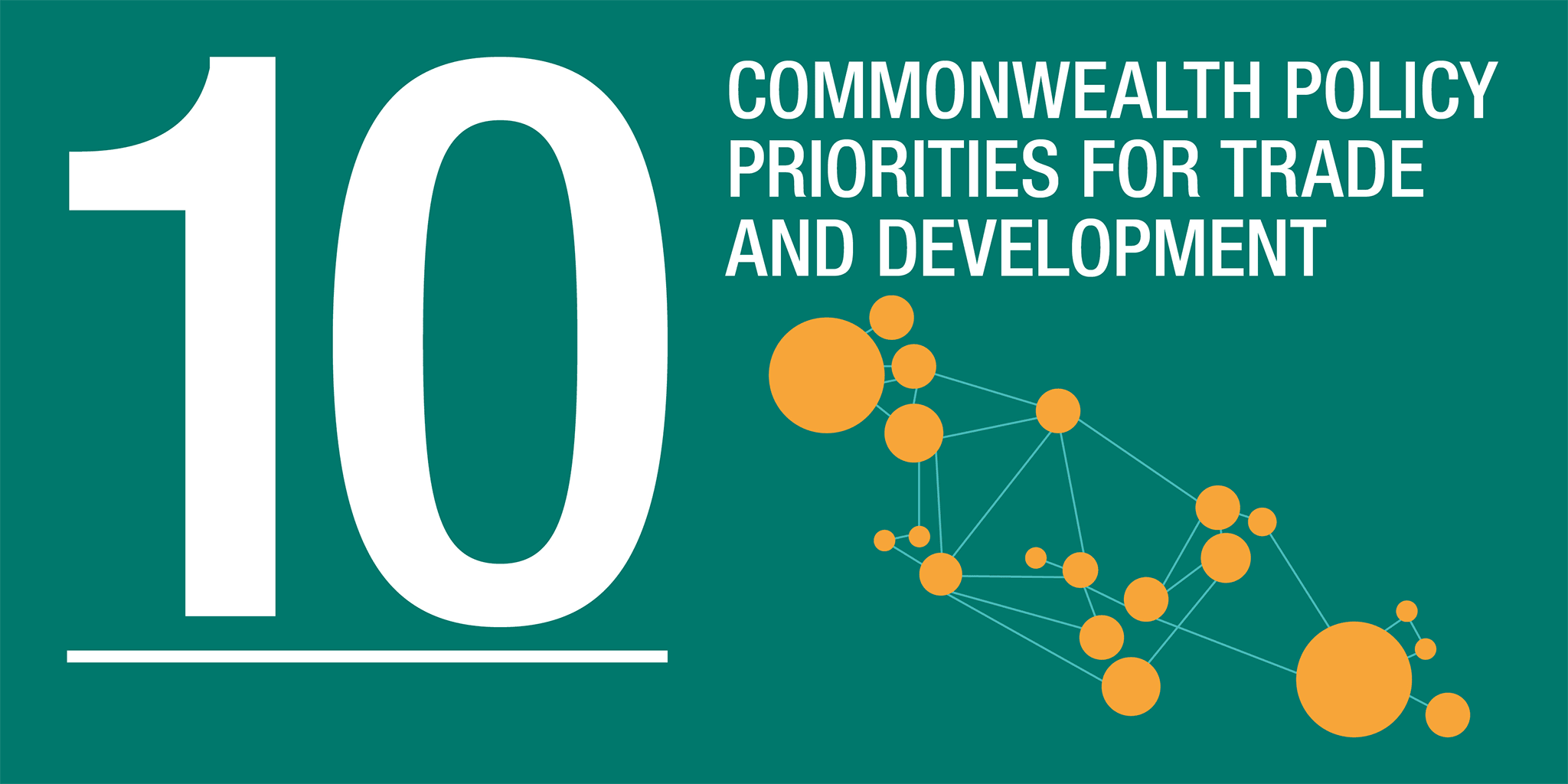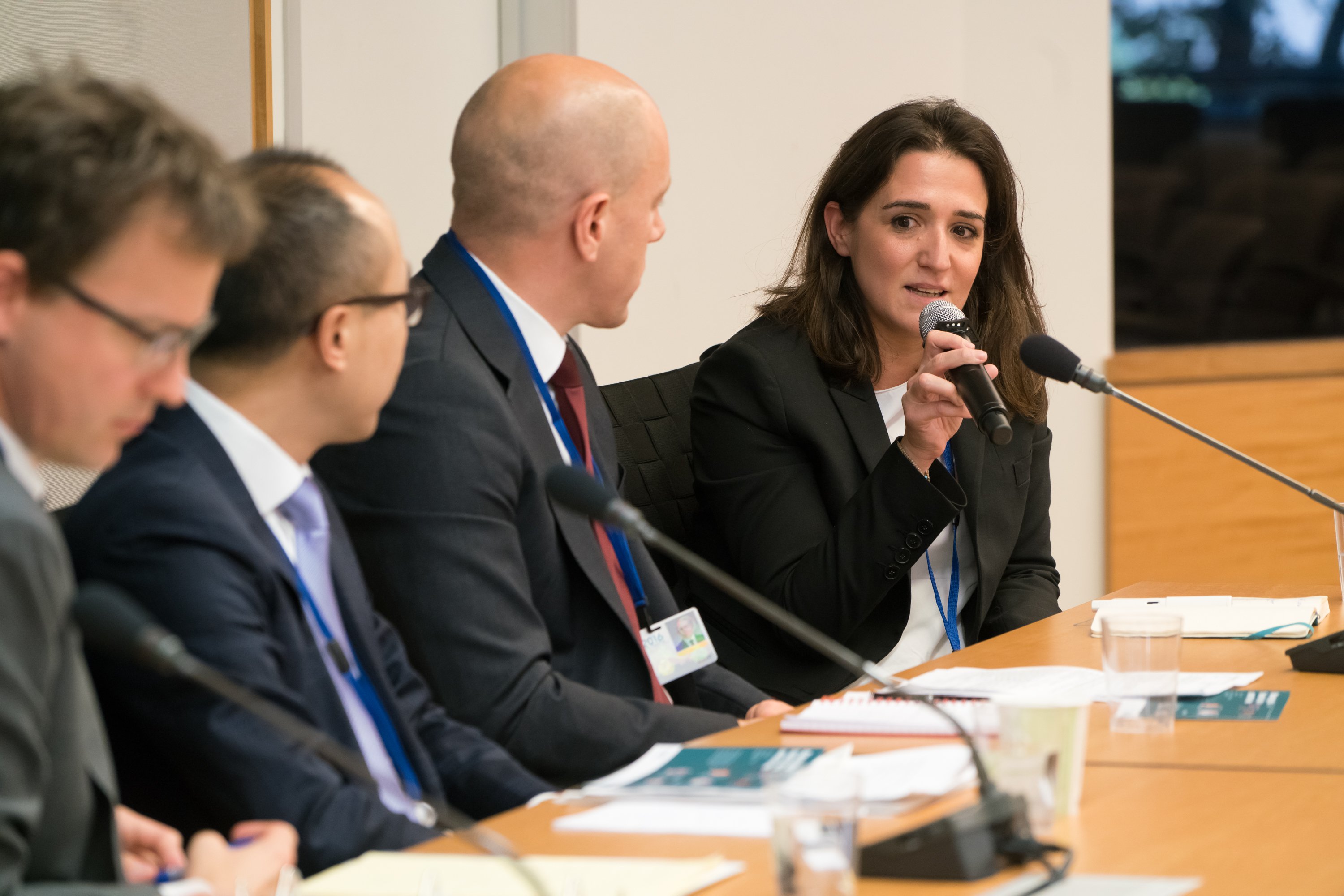ODI’s work on economic transformation focuses on how developing country governments can promote inclusive growth, creating jobs and increasing productivity. In a year of enormous global upheaval, ODI has been at the forefront of understanding the impacts of global volatility on economic growth in developing countries.
Responses to volatility
ODI was one of the first institutions to highlight the impact of the UK’s decision to leave the European Union for developing countries.
Our targeted package of research, analysis, high-level convening and comment, positioned ODI at the centre of the debate on how Britain can leave the European Union without harming economic development in the UK and overseas.
Brexit fallout: implications for UK and developing economies and the accompanying event was an early response to engaging policy-makers on this issue, stressing the negative financial impact that Brexit could have on developing world economies. However, we also highlighted the opportunities that Brexit presented. At the Conservative Party Conference, we presented five win-win ways to ensure the UK’s new trade policy works for developing countries – an important piece of early analysis outlining a series of trade options in the mutual interest of the UK and developing countries. Elsewhere, ahead of the 2017 meeting of Commonwealth trade ministers, ODI worked with the All-Party Parliamentary Group on Trade Out of Poverty to produce 10 Commonwealth policy priorities for trade and development – given to every trade minister at the conference and launched at a high-level event in parliament.
Building resilience to market volatility
Global political instability has bought instability to global markets.
In October, together with Standard Chartered, ODI held an event on managing global financial risks with a high-level panel and the deputy governors from the central banks of Nigeria and Indonesia. A second follow-up event was held at Standard Chartered’s London headquarters, focusing on China’s importance in a volatile global economy.
Assessing macroeconomic impacts for developing countries
ODI’s ‘Macroeconomic impacts series’ has almost doubled its readership since its launch. This regular briefing is a must-read for a growing number of top economists, UN officials and policy-makers seeking to understand the developing world. In the past year, it has looked at a range of issues from Brexit and the new German G20 leadership, to the impact on developing countries from the US’ monetary policy development and higher US interest rates.
We also continued to examine economic transformation in one of Africa’s largest economies, Nigeria, through several briefings on topics such as building competitiveness and diversifying growth beyond the oil sector. This work was further developed in the Shockwatch Bulletin, Assessing reserve management during economic crises: lessons from Indonesia and Nigeria, which provided crucial insights for Nigeria’s policy-makers facing economic challenges similar to those faced by Indonesia during the South-East Asian crisis.
Championing economic transformation
Our work on economic transformation continued to define what policies governments should pursue to build resilient, inclusive societies.
With partners, we co-hosted an international conference in Nairobi, ‘Building economic opportunities for a better future’.
Together with over 100 business representatives, policy-makers and researchers, we explored harnessing agriculture, financial sector development and innovation to build economic opportunities in low-income countries. In March 2017, the Supporting Economic Transformation programme launched its flagship paper, ‘Economic transformation: a new approach to inclusive growth’, at an event at ODI, which explored different countries’ economic transformation journeys.


